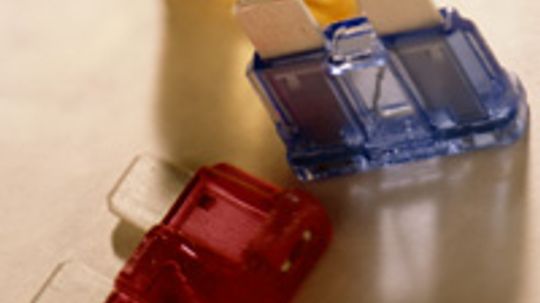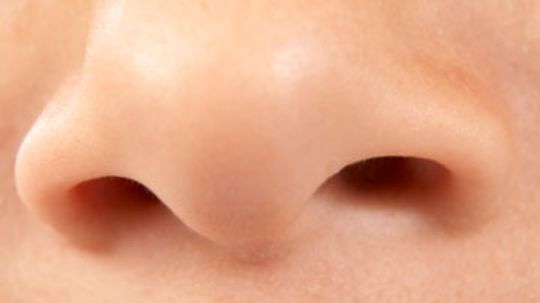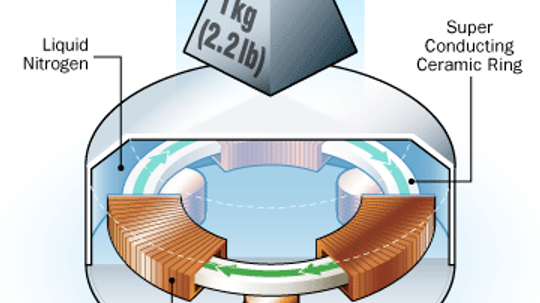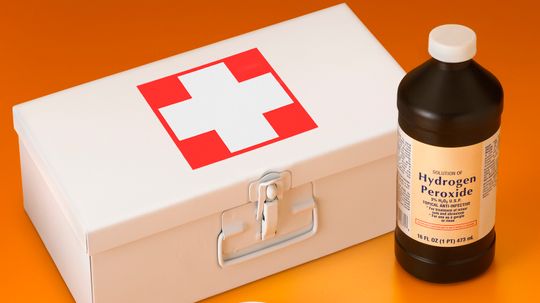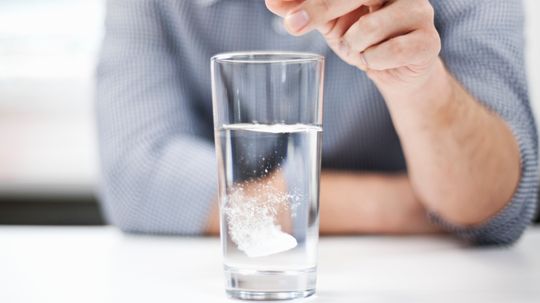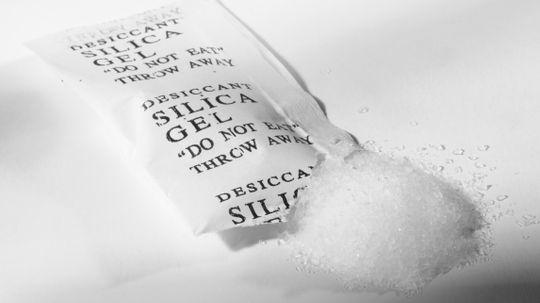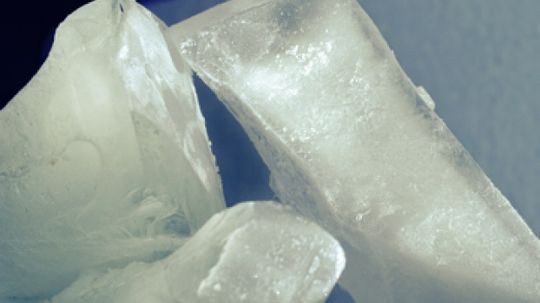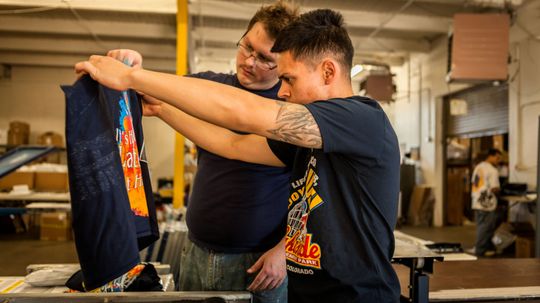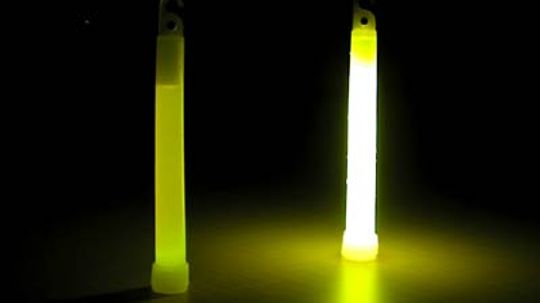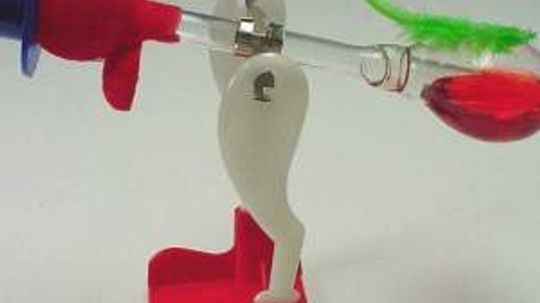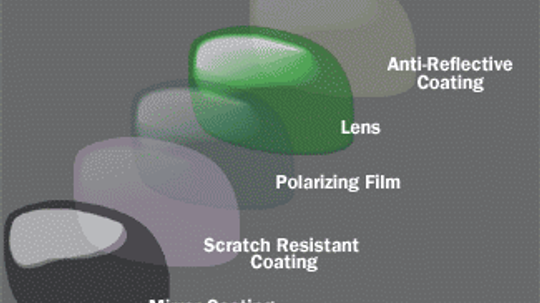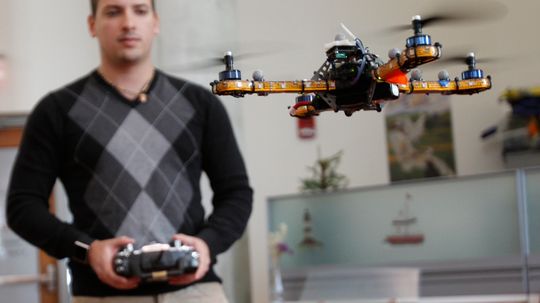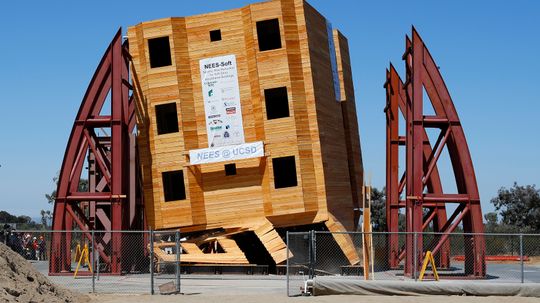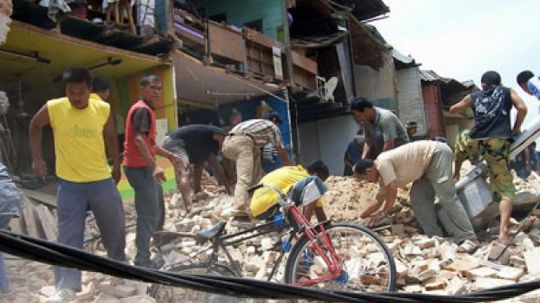Science Questions
Science questions are a fun and interesting way to learn about planet Earth, organisms and the universe. In this section you'll find an incredible collection of science questions covering a wide variety of topics.

10 Nobel Laureates Whose Work Changed the World

Eugenics Overshadows the Legacy of Scientific Genius Francis Galton

Jane Goodall: A Global Face for Global Peace

'Mad Honey' Comes From Bees That Gather This Specific Nectar

Barrels and Barrels of Aged Beer

HowStuffWorks: Candyland Comes Alive at Candytopia!

Who Invented the Toilet? A Brief History of the Flush

HowStuffWorks: How Porta Potties Work
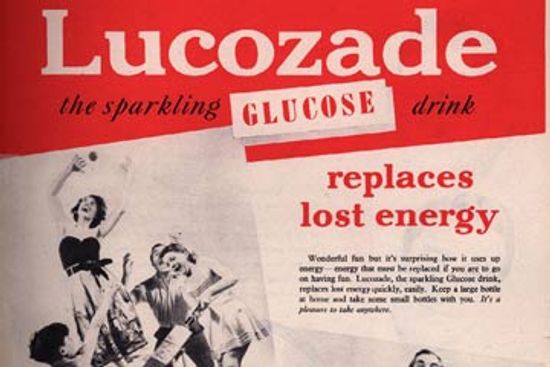
Who invented sports drinks?

Meet the Man Who Invented Cool Whip, Tang and Pop Rocks

Thomas Edison vs. Nikola Tesla Quiz

Who Was Rube Goldberg, and What Are Rube Goldberg Machines?

The Evolution of Dictaphones: A Comprehensive History
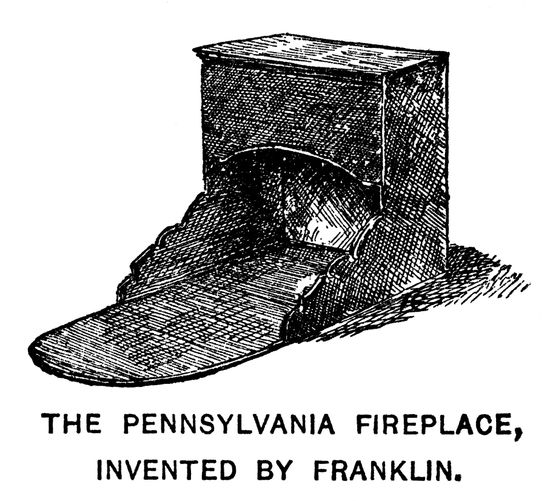
The Evolution of the Franklin Stove: From Invention to Modern Efficiency

The Fascinating History of the Mimeograph Machine

5 Green NASA Inventions
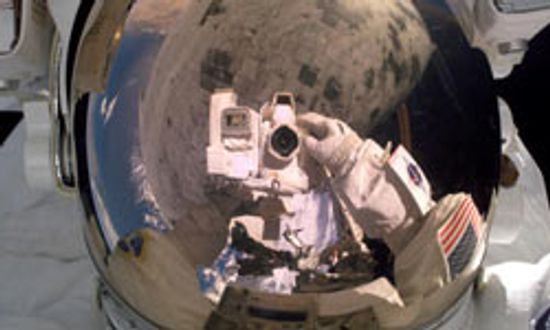
5 Types of NASA Technology in Your Attic

How Has NASA Improved Solar Energy?

How hard is the patent application process?

How to File a Patent

Turning Air Pollution Into Ink

10 New Uses for Old Inventions

How Do QR Codes Work? 2D Barcodes Explained
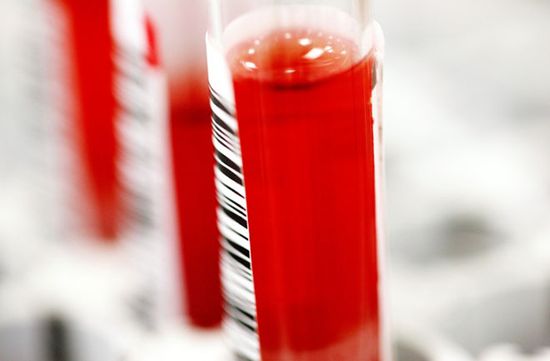
How can a bar code save your life?

Why does a balloon stick to hair?
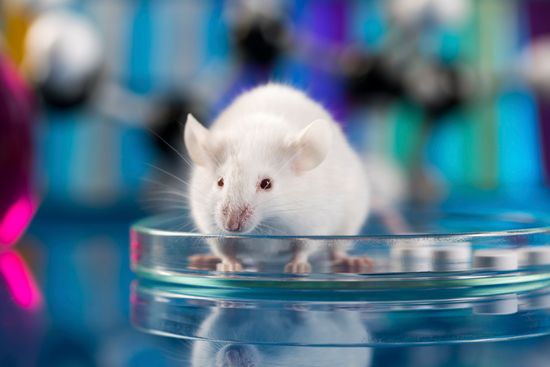
Why Do We Experiment on Mice?

10 Black Scientists You Should Know
Learn More
Before you hurriedly unwrap a stick of gum and twist the foil around the closest blown fuse, you may want to consider a few things. You could have a fixed fuse -- or a full-blown fire.
How do scratch-and-sniff stickers work? What makes them last for years and years?
Touch-sensitive lamps is explored in this article from HowStuffWorks. Learn about touch-sensitive lamps.
Advertisement
Gravity dictates the structure of the universe, from the way cosmic bodies form to the way they orbit more massive planets or stars. Has it always played such a starring role in our cosmic history?
By Robert Lamb
Gravity is great, but if we could figure out how to selectively reduce its effects, we could cut the energy demands of travel and transportation. Don't cheaper airline tickets sound pretty good?
By Robert Lamb
I have been smoking for 50 years and have always wondered why cigarettes have filter tips. I can remember when none of the cigarettes on the market had filters, and now nearly all of them do. Does the filter do anything?
How does chlorine work to clean swimming pools?
Advertisement
I live in California, where we are having a power crunch. I have a hypothetical question: Could I power my computer or my TV with a bicycle generator?
Crayola crayons have nurtured childhood creativity and remained safely edible for over 100 years. Now learn their story- how they originated in the 19th century, how they've changed, and we'll even tell you how old that familiar label is.
There's a candy called 'Pop Rocks.' When you put it in your mouth it makes a loud popping sound and it feels really weird! How do Pop Rocks work?
Hydrogen peroxide is something that is used to clean cuts. Have you ever wondered why it foams when placed on a cut? Learn about hydrogen peroxide.
By Yara Simón
Advertisement
Yesterday you talked about hydrogen peroxide, and the day before you talked about Pop Rocks candy. Since we are talking about things that fizz, what about Alka Seltzer? How does it work and why does it fizz?
Many of the things I buy contain little packets of crystals. Some of them actually say "Silica Gel" on them, but many are unlabeled or say something like, "Do not eat." I have found these packets in electronics, vitamins and even in some pepperoni I
How do chickens create eggs? Does the chicken's body make the shell and fill it with the white and yolk somehow, or does it make the white and yolk and then somehow wrap the shell around it?
Dry ice is frozen carbon dioxide that’s used in everything from transporting goods to removing skin imperfections. Learn more about dry ice and how to use this versatile compound effectively and safely.
Advertisement
I'm having T-shirts printed, and the people at the shop keep talking about "silk-screening." How does silk-screening work?
A nautical mile is used for navigation at sea. It is a unit of measurement based on the circumference of Earth. How does it relate to a standard mile and a kilometer?
By HSW Contributors
You can find glow-in-the-dark item everywhere these days. Have you ever wondered how these items produce their light? Find out the answer to that question in this article.
The lead in a pencil is not actually lead. It is a mixture of graphite and clay, but have you ever wondered how they get the lead inside a wooden pencil. Find out how pencils are constructed in this article from HowStuffWorks.
Advertisement
How does a Dippy Bird work?
My glasses have an anti-reflective coating. How does that work?
Seven million (and counting) YouTube viewers can't be wrong. Nano quadrotors are tiny, autonomous flying machines that have the Internet buzzing.
By Chris Opfer
Bend but don't break: That's the idea behind many of these temblor-thwarting technologies. They may even allow a building's inhabitants to walk out unharmed and start picking up the pieces after the earthquake subsides.
Advertisement
Most loss of life in earthquakes comes from people being trapped inside crumbling buildings. And engineers have come up with many techniques to lessen the structural damage. But is there a way to make a building completely earthquake-proof?
Nuclear plants provide the world with much of its electricity. Learn why Uranium-235 is ideal for nuclear power, in this article.
